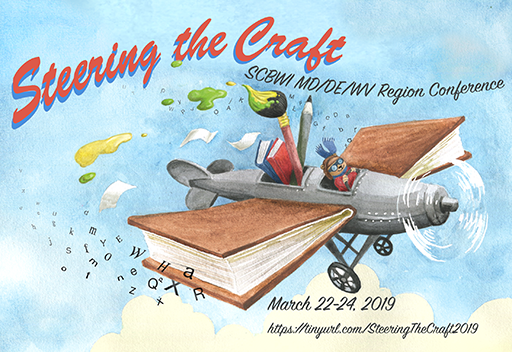So, you’ve finished your manuscript, addressed the concerns of alpha readers, beta readers, your critique group, and conducted countless bouts of self-review. Now, you stand upon the parapet. Before you lies undiscovered country, all the foreign states of agency. A lush forest whispers of fruit, but carries the snarls of werewolves. A wind carries the aroma of a farm’s harvest. Then again, the peasants are grumbling amidst a smell of burning torches. Worse, you suspect the barn’s roof made of gingerbread?
Worse, reaching into your quiver you find but a single quarrel. You seek aid, wisdom… intelligence. As you load your crossbow, it occurs to you that shooting a single missile will do no good. Better to send out a call. So, noticing a scrap of paper, you wrap a missive around your missile.
But what to write?
What can you possibly write that’s concise enough, clear enough, and potent enough to rally people to your flag? How with one shot can you light the Beacons of Gondor?
Last weekend, I attended an intensive workshop at a Society of Children’s Book Writers and Illustrators conference. The target of which was to help authors to aim their queries and teach them to loose true. The following is a breakdown of what an editor from Penguin Books shared with us. It was a remarkable session and I recommend attending something like SCBWI if you struggle with query writing as I do. This write-up doesn’t include everything, but I hope it helps.

The Goal of a Query
The first question posed was, “What is the purpose of a book query?” The answer we were given was that the true purpose is not to sell your book, but to make the person receiving the query go “Wow!”
Specifically, you want to present something that excites the editor or agent and helps them position your work, provides them material that will rev up booksellers, reviewers, bosses, etc. In other words, you want to put before the agent or editor all the ammo that provides ammo that will allow her to pitch it to sales people, marketers, her bosses, bookstores, and everyone down the chain. You want to give them a reason to believe that you book will move.
In simplest terms, the goal of your query is to make the life of your prospective agent or editor easier. Your query helps them write their positioning sheet.
That means your query is not just a means to pitch your story, but an adaptable tool that a whole bunch of people can constantly use to solve any number of present or future problems.
In reality, that means that play by play is out when writing your synopsis. When putting out a fire, you don’t want to read an encyclopedia. You want a simple diagram with as few pictures as possible. So, yes, your story is the most important thing, but prune it down to its very core. Include comps that reflect the current market and demonstrates your knowledge of trends. Be specific and timely. Your comps should probably not be more than three years old. As for your bio, think about the bullets on your professional resume. Include only the points that prove your the right author for this project or a person who has the right connections to make the work take off.
Think of writing your query as filling a tool chest. Everything you put in there ought to serve a purpose. Everything you put in there ought to be placed in its proper spot so that it is easy to find and access.
At the same time, despite its brevity, remember that your query is your first impression.
Appear approachable, likable, respectful, and every other adjective you can think of when you head out on a job interview or on a first date. After all, the work of a book often begins after a contract is signed. That suggests that the editors or agents are stuck with you for at least a year. Chances are, they want to hang around someone who’s easy to work with. If nothing else, remember “please and thank you.”
Finally, Remember that while every brushstroke counts, showing appreciation is never a waste of paint.
Got it? That’s the basics. Now, load up that crossbow, take careful aim, and fire.




